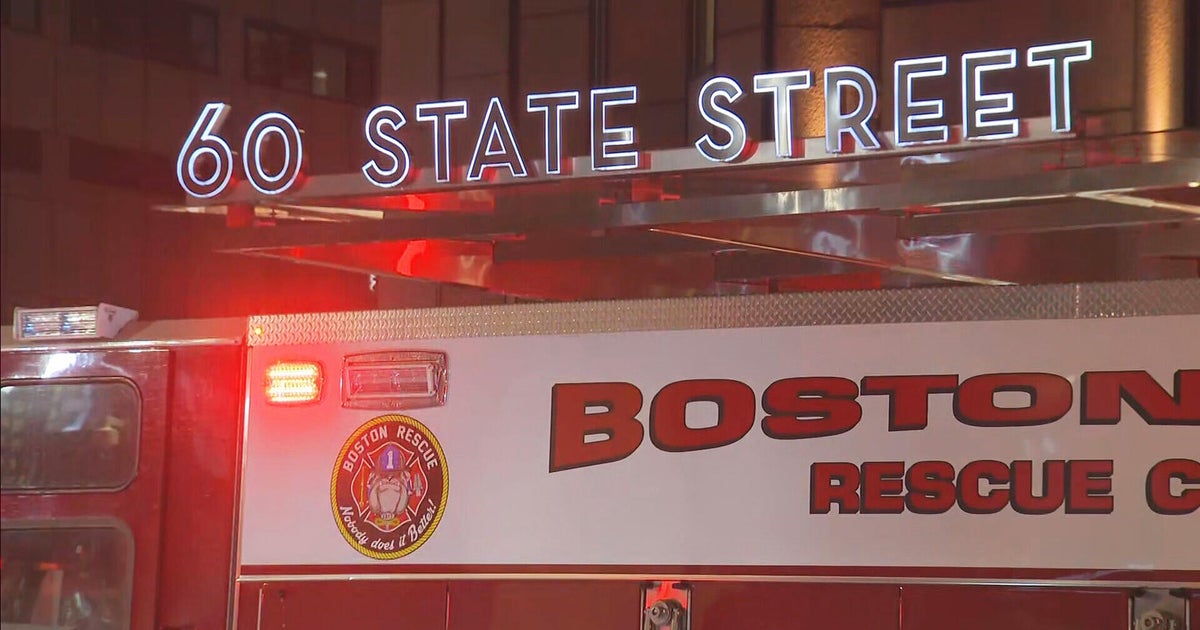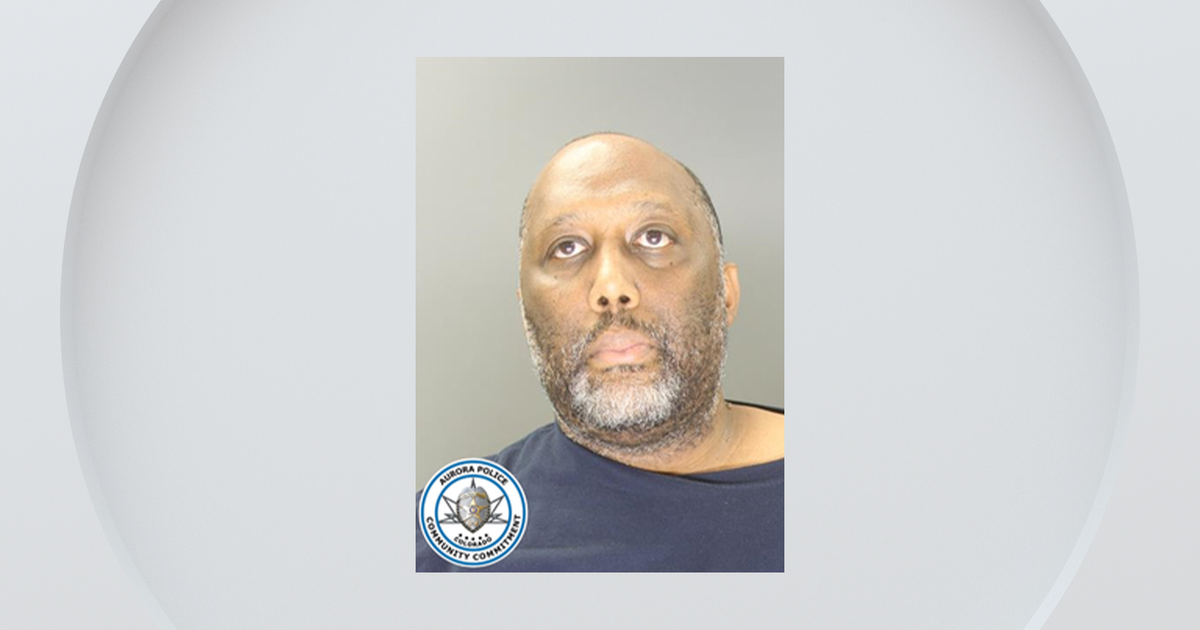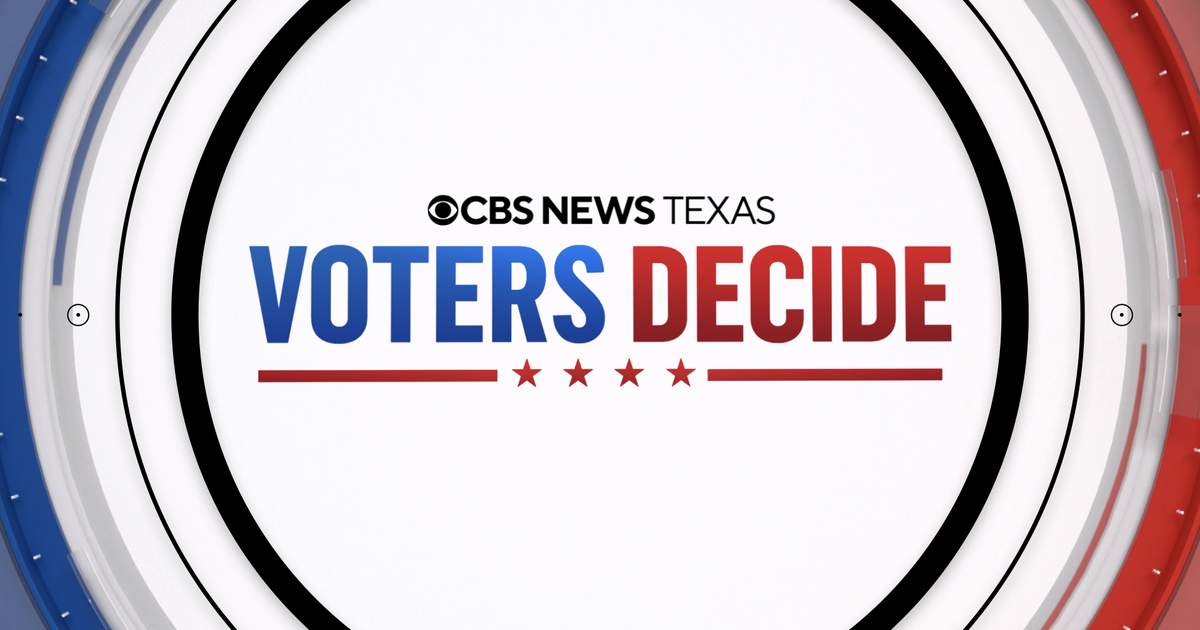Aggressive Democratic Debate Between Clinton And Sanders
FLINT, Mich. (AP) - Ratcheting up the rancor, Hillary Clinton and Bernie Sanders tangled aggressively in a presidential debate Sunday night over trade and Wall Street influence, with Clinton accusing her challenger of turning his back on a rescue of the auto industry and Sanders countering that Clinton's friends on Wall Street had "destroyed this economy."
It was a marked change in tone for the two Democrats, signaling Sanders' increasingly difficult effort to slow the Democratic front-runner. Both candidates frequently interrupted one another and accused each other of misrepresenting their records.
"Let's have some facts instead of some rhetoric for a change," Clinton snapped at Sanders at one point.
"Let me tell my story, you tell yours," Sanders shot back at another. "Your story is voting for every disastrous trade amendment and voting for corporate America."
More than once, Sanders chafed at Clinton's interruptions, saying, "Excuse me, I'm talking" or "Let me finish, please."
Their disagreements were clear, but still the debate's tone was nothing like that of the Republican debate in Detroit just three days earlier, a four-way faceoff that was marked by a steady stream of personal attacks, insults and even sexual innuendo. The Democrats' faceoff, in comparison, was a more civil if heated affair.
Sanders, who argued with considerably more edge than in past debates, pounced early when Clinton spoke about a need to keep jobs from shifting overseas.
"I am very glad that Secretary Clinton has discovered religion on this issue," he said, then went on to criticize her past support for trade deals that he maintained had "disastrous" consequences.
Clinton, too, took the offensive early on but more often found herself fending off Sanders' criticisms.
In her most pointed thrust, she said Sanders had voted against a 2009 bailout of carmakers, adding, "I went with them. You did not. If everybody had voted the way he did, I believe the auto industry would have collapsed, taking 4 million jobs with it."
Sanders countered that the money for the auto industry was part of a larger bailout package for Wall Street, adding, "I will be damned if it was the working people of this country who have to bail out the crooks on Wall Street." He referred to the overall package as "the Wall Street bailout where some of your friends destroyed this economy."
Ultimately, President George W. Bush and Treasury Secretary Hank Paulson agreed to a $23.4 billion for the auto industry from the federal bailout money for the financial sector.
Sanders also took direct aim at the former secretary of state's paid speeches to Wall Street banks and other financial companies. She promised to release transcripts of her private remarks only if all her opponents - Democratic and Republican - did the same.
"I'm your Democratic opponent, I release it," Sanders said, throwing imaginary speech transcripts into the air. "Here it is. There ain't nothin'. I don't give speeches to Wall street for hundreds of thousands of dollars."
When Clinton highlighted the economic expansion and job growth accomplished during her husband's administration, Sanders made sure to highlight other aspects of that era that he suggested haven't worn quite as well, including deregulation of Wall Street and welfare overhaul.
"When we talk about the '90s, you're right a lot of good things happened but a lot of bad things happened," he said.
The debate started on a more conciliatory note, with Clinton joining Sanders in calling for Michigan's Republican governor to resign over his handling of the Flint water crisis.
An emotional Sanders said he felt "literally shattered" by the toxic tap water in Flint and renewed his call for Gov. Rick Snyder to resign.
Clinton, who had not previously made that call, added emphatically: "Amen to that," and then said that Snyder should "resign or be recalled."
Snyder quickly tweeted that "political candidates" will be leaving Flint and Michigan in a few days after the state's primary but he is "committed to the people of Flint."
Both candidates promised tougher federal oversight of water systems if elected.
With Clinton continuing to widen her considerable lead in the Democratic delegate count, Sanders sees upcoming Midwestern primaries as a crucial opportunity to slow her momentum by highlighting his trade policies. After Michigan's vote on Tuesday, the March 15 primaries include Ohio, Illinois and Missouri.
In the race for the Democratic nomination, Clinton has at least 1,123 delegates to Sanders' 484, including superdelegates - members of Congress, governors and party officials who can support the candidate of their choice. It takes 2,383 delegates to win the nomination.
Flint's water became tainted when officials switched its supply from Detroit's system to the Flint River in 2014 to save money. The impoverished city's government was under state control at the time.
Join The Conversation On The KDKA Facebook Page
Stay Up To Date, Follow KDKA On Twitter
(Copyright 2016 The Associated Press. All rights reserved. This material may not be published, broadcast, rewritten or redistributed.)







